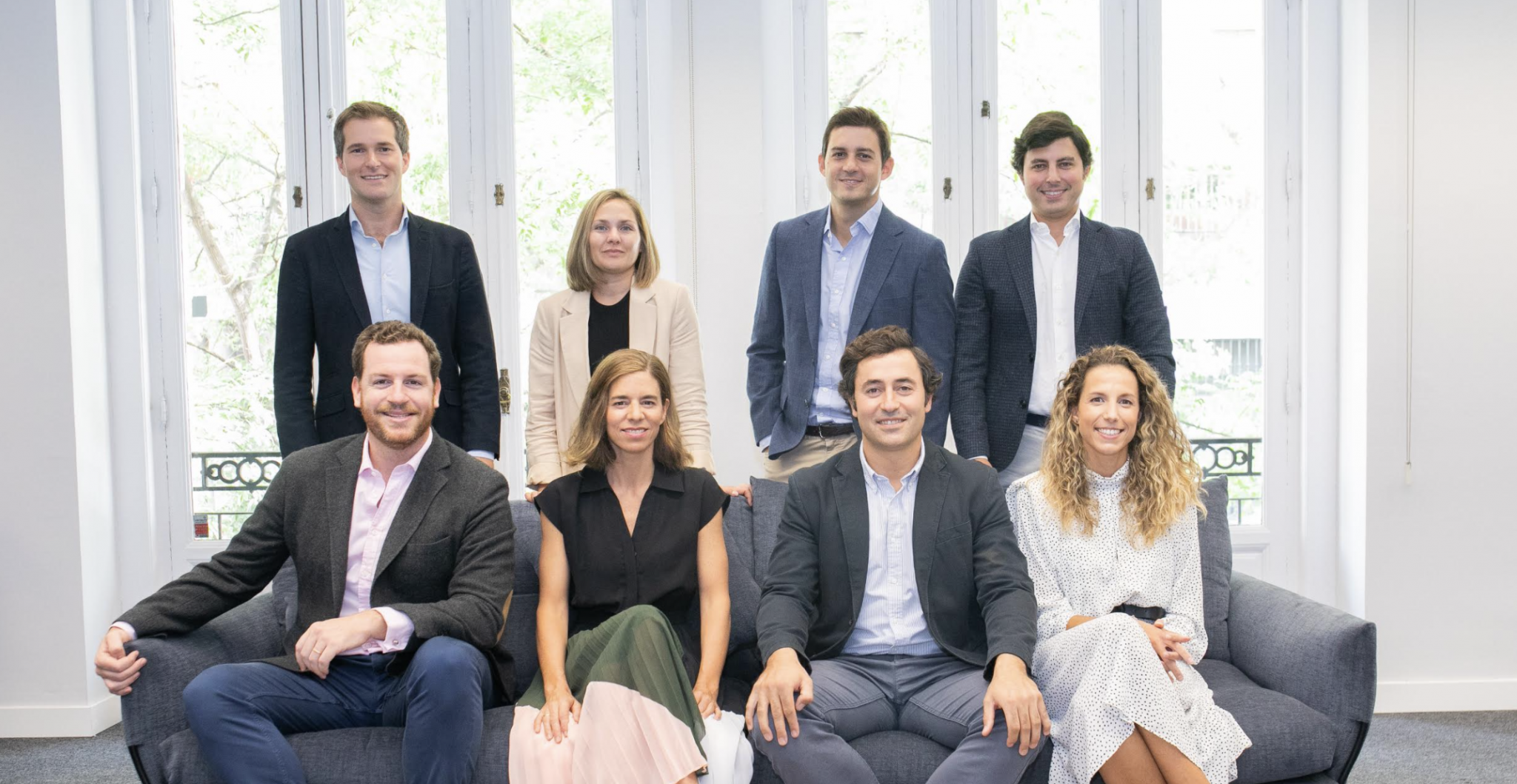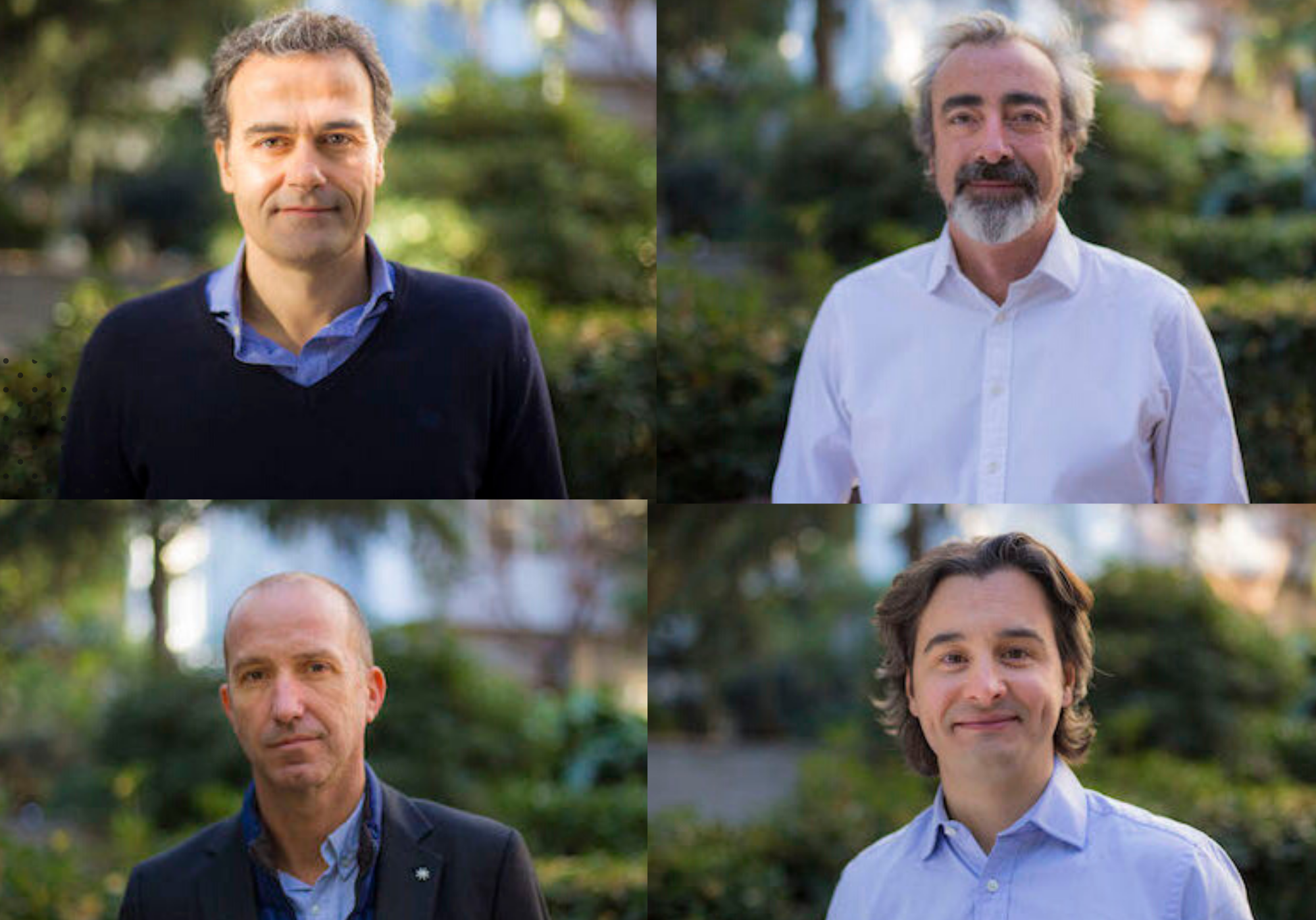Madrid-based VC Kibo Ventures is today announcing the first close of its third fund, which has a target size of €100m.
That means it’s open for business — and its team are looking for early-stage investment opportunities in big data and AI, mobility and logistics, fintech, health and edtech. It will write cheques of €1-3m, and follow-on in subsequent rounds.
From Iberia to America
Kibo Ventures specialises in helping companies with Spanish and Portuguese roots to grow in the US, and cofounder and managing partner Aquilino Peña believes there’s never been more confidence in Iberian entrepreneurs.
“We've crossed the bridge, over this river of ignorance and superiority that US investors had,” he says. “The original perception was like, ‘Oh, you cannot create technology in Europe in general, and in Spain and Portugal in particular’.”
Kibo has helped companies like data curation service DefinedCrowd, spatial mapping software provider Carto and the data analytics platform Devo to expand and grow in the US, and Peña says that success stories like these are demonstrating southern Europe’s ability to produce highly capital-efficient businesses.
“Five years ago they would say, 'There are no unicorns, you only have an edge in gaming, you don't have the investor network, there are no business angels,’" he explains. “Now they're saying, 'Wow, bring me more of those companies. They've been able to achieve $10m in annual returning revenue with only $2-3m in investment? That's unheard of in the Valley.’”
Peña says that, while opening new headquarters, as well as sales and marketing teams, in US locations makes sense, Kibo’s portfolio companies tend to benefit from keeping product and development teams in Spain and Portugal.
“We will never move R&D, engineering, development and product. That will stay here. I think that's a model that makes sense because you have lower cost, high quality and high loyalty of your technical employee base, while going to the markets where the money is really moving. That's the magic,” he argues.
Where the public money goes
60-65% of Kibo’s existing LPs have reinvested in this third fund, according to Peña, while new backers include Spanish public financial bodies, such as Xesgalicia and the Institute of Catalan Finances (ICF) .
The inclusion of public money has touched on a thorny debate in Spain about how resources should be allocated to help the country recover from the Covid-19 slump. Should public money be used to fund high-risk, loss-making businesses?
“Should we help existing businesses that have gone south — restaurants, entertainment, tourism? Or should we foster the future?” Peña asks. “My answer is that we have to sustain employment. You need to support existing businesses, but most future employment isn't going to come from bars and restaurants, but is more likely to come from the tech industry.”
Kibo Ventures’ third fund also features investment from more than 20 Spanish founders, some of whom have previously been recipients of Kibo investments, such as Inaki Berenguer, founder of insurance provider CoverWallet.
“That’s the way this economy should work. You get money but you put it back into the ecosystem,” says Peña. “They’ve exited and been founders in the past and they really buy into our vision.”
Peña believes that seasoned entrepreneurs like Berenguer will help lend vital expertise to Kibo’s portfolio companies. It’s yet another example of a virtuous cycle of success stories from Spanish and Portuguese tech, as the region’s ecosystem continues to mature.



